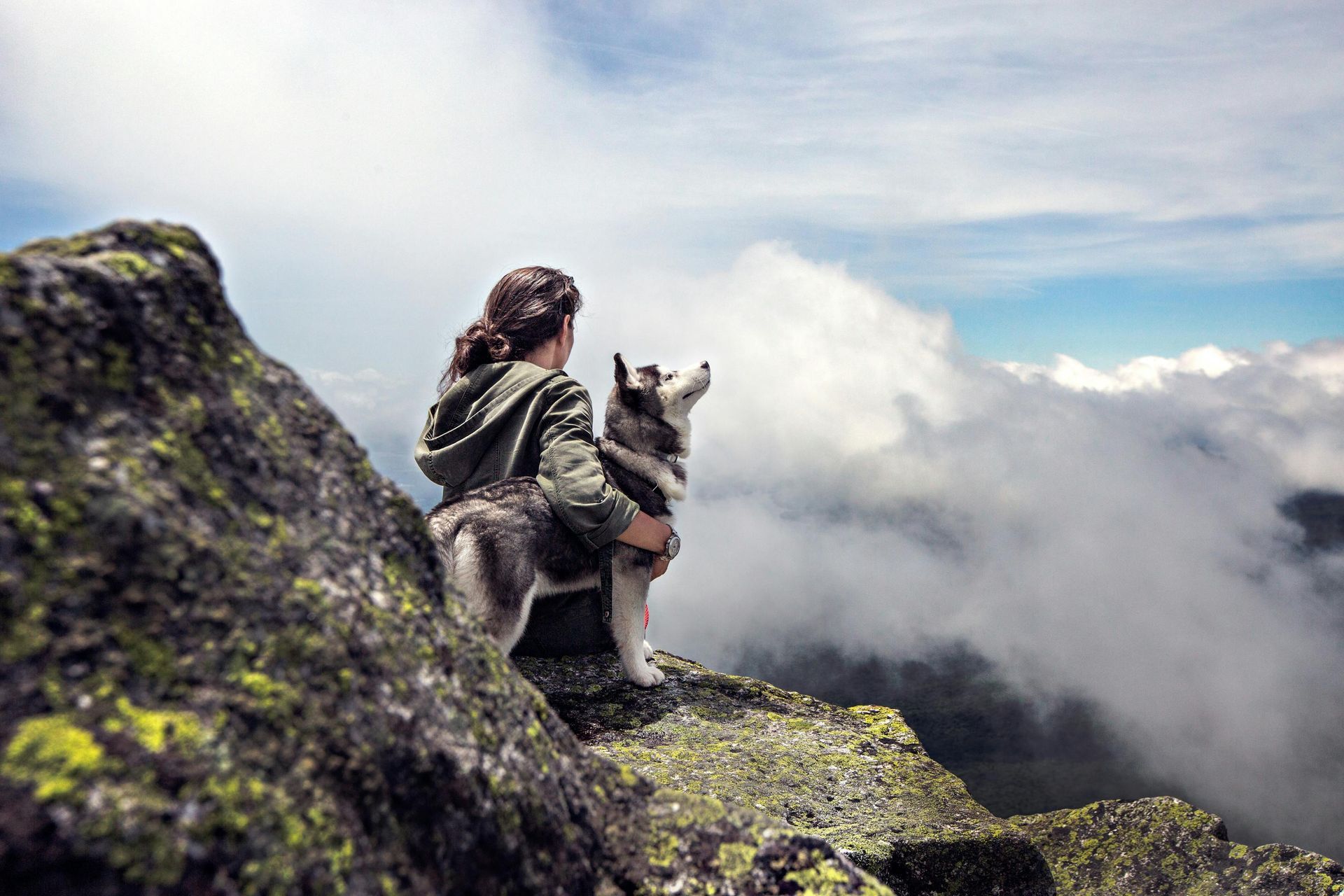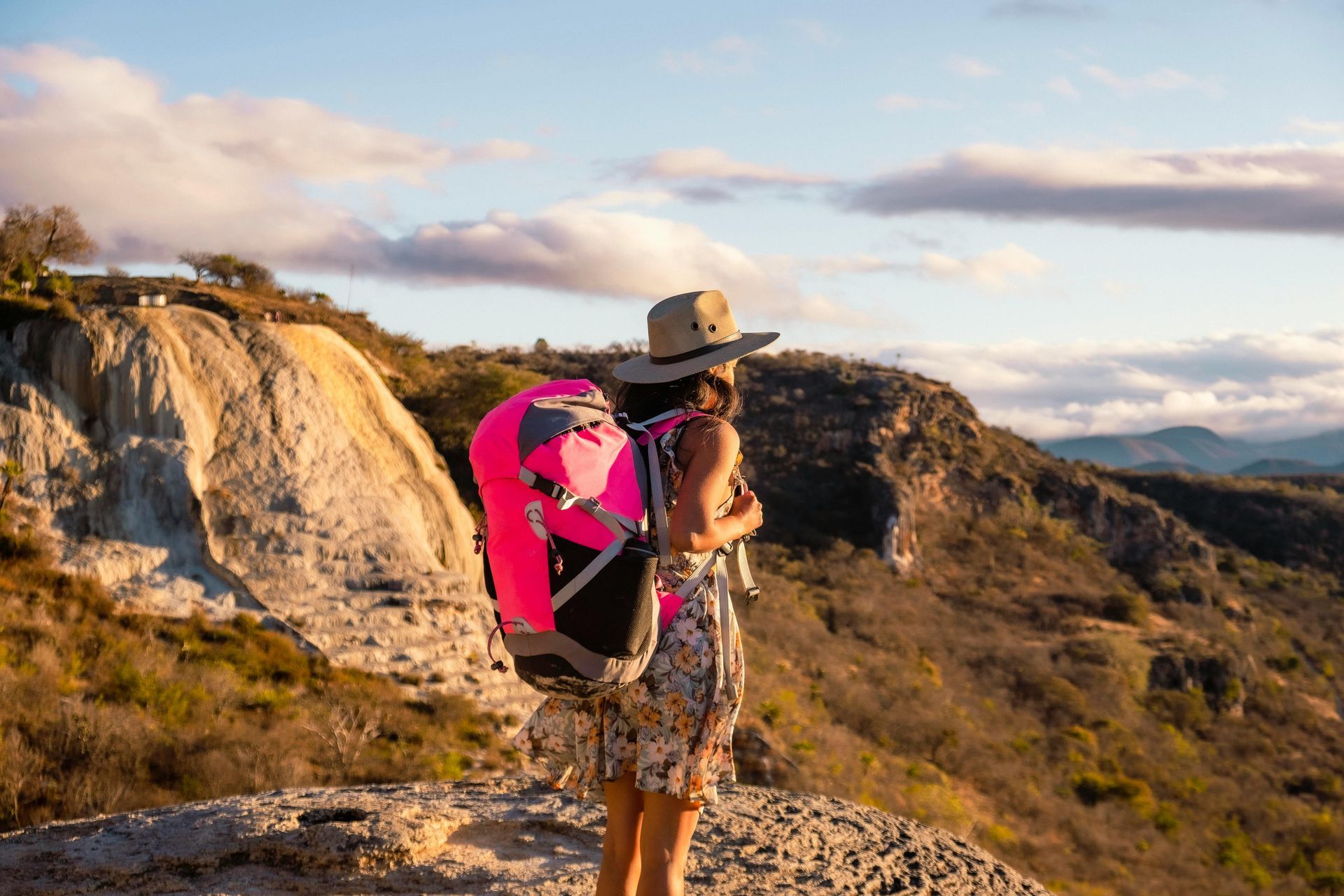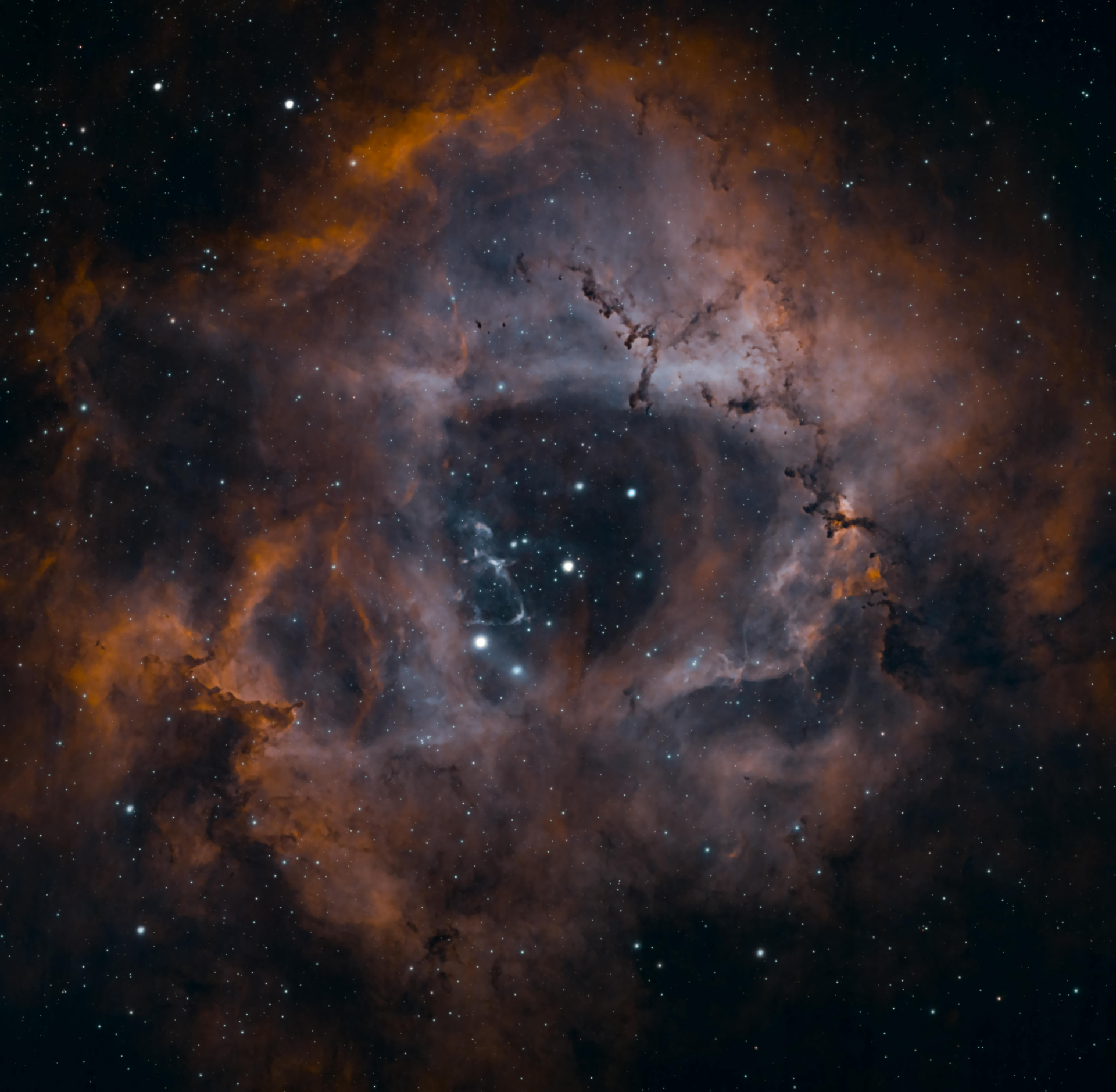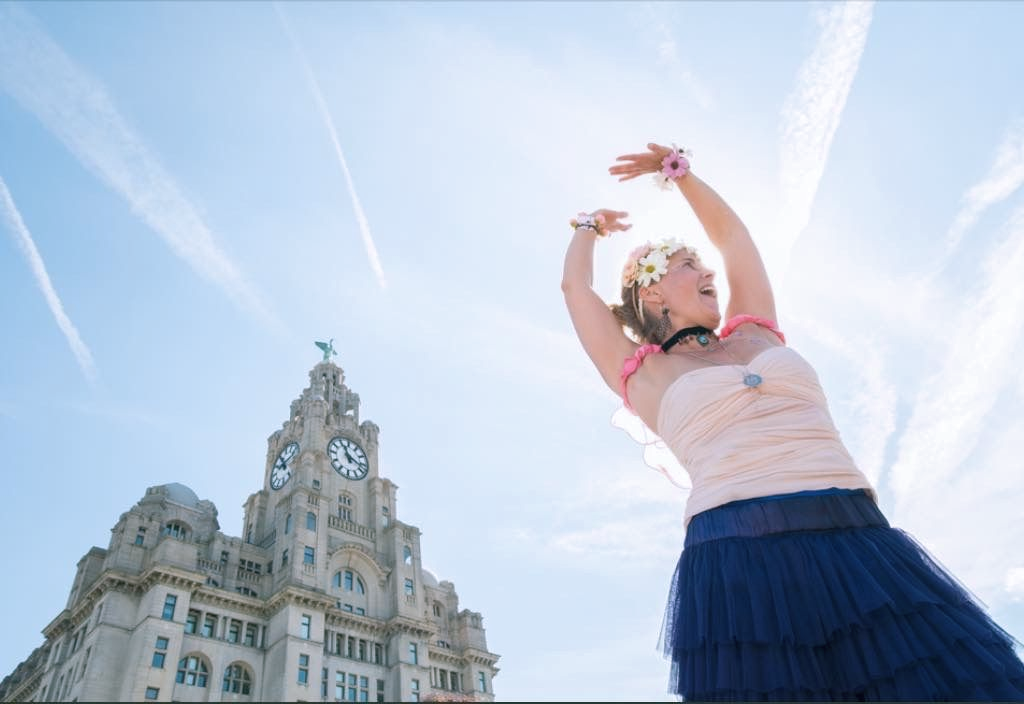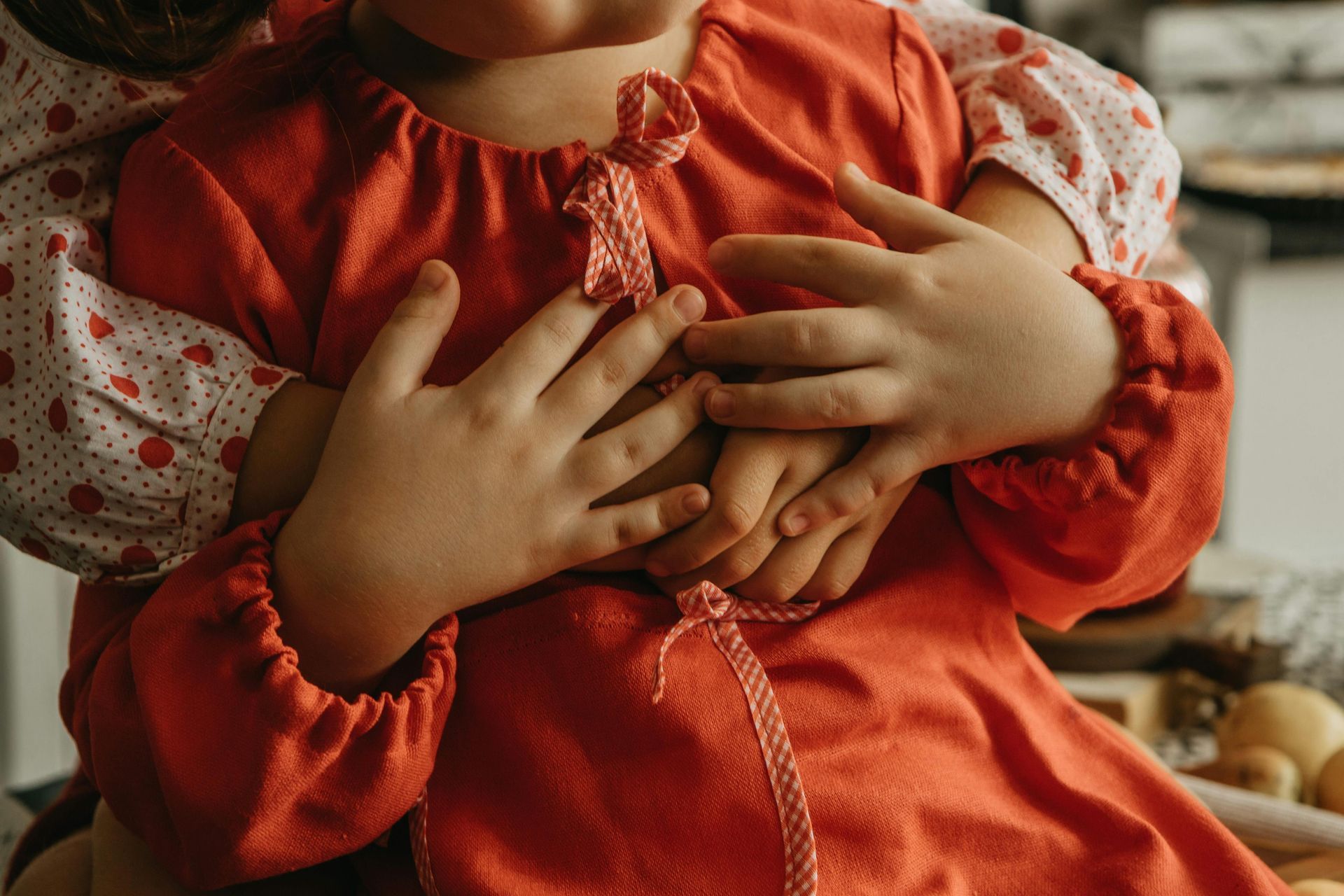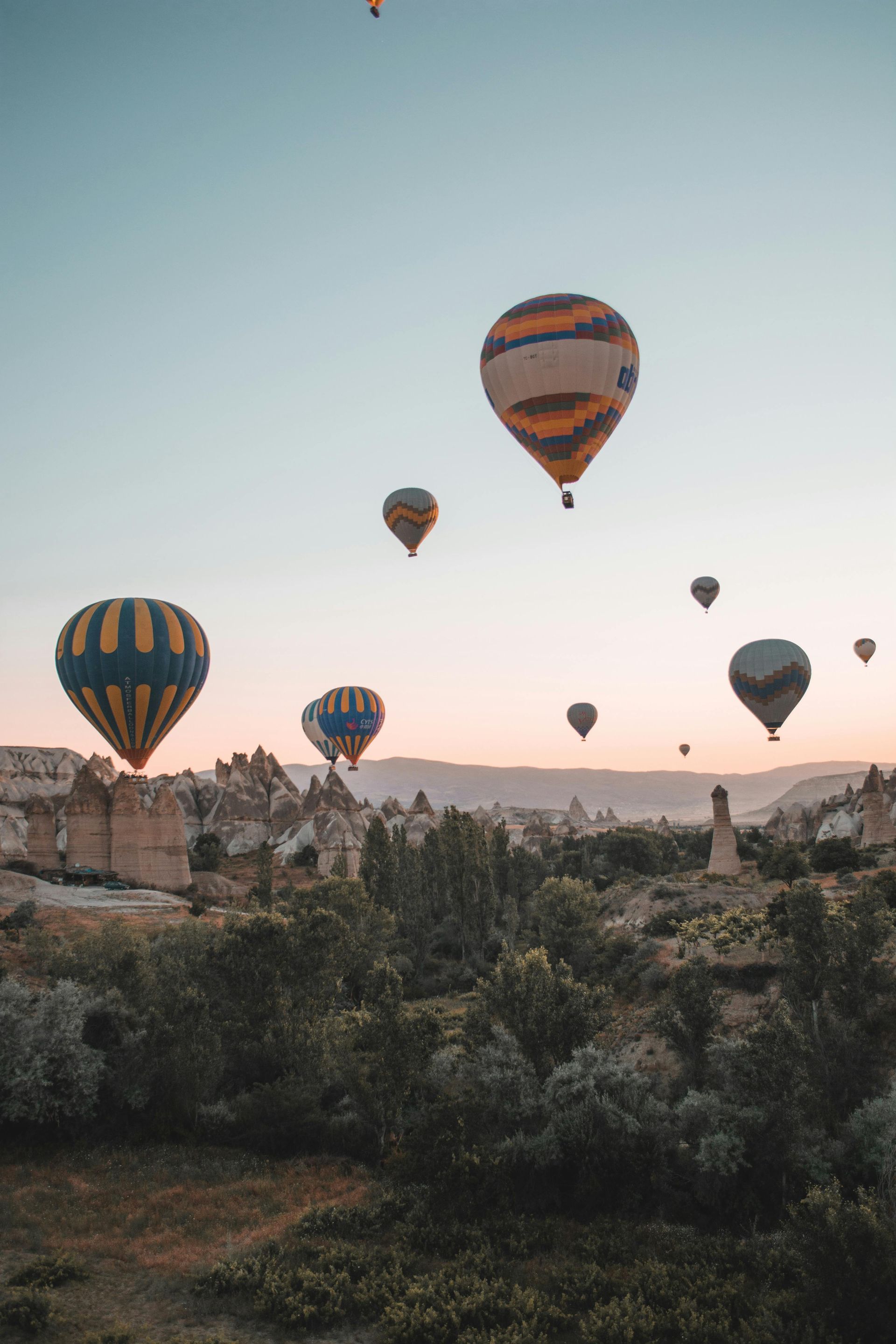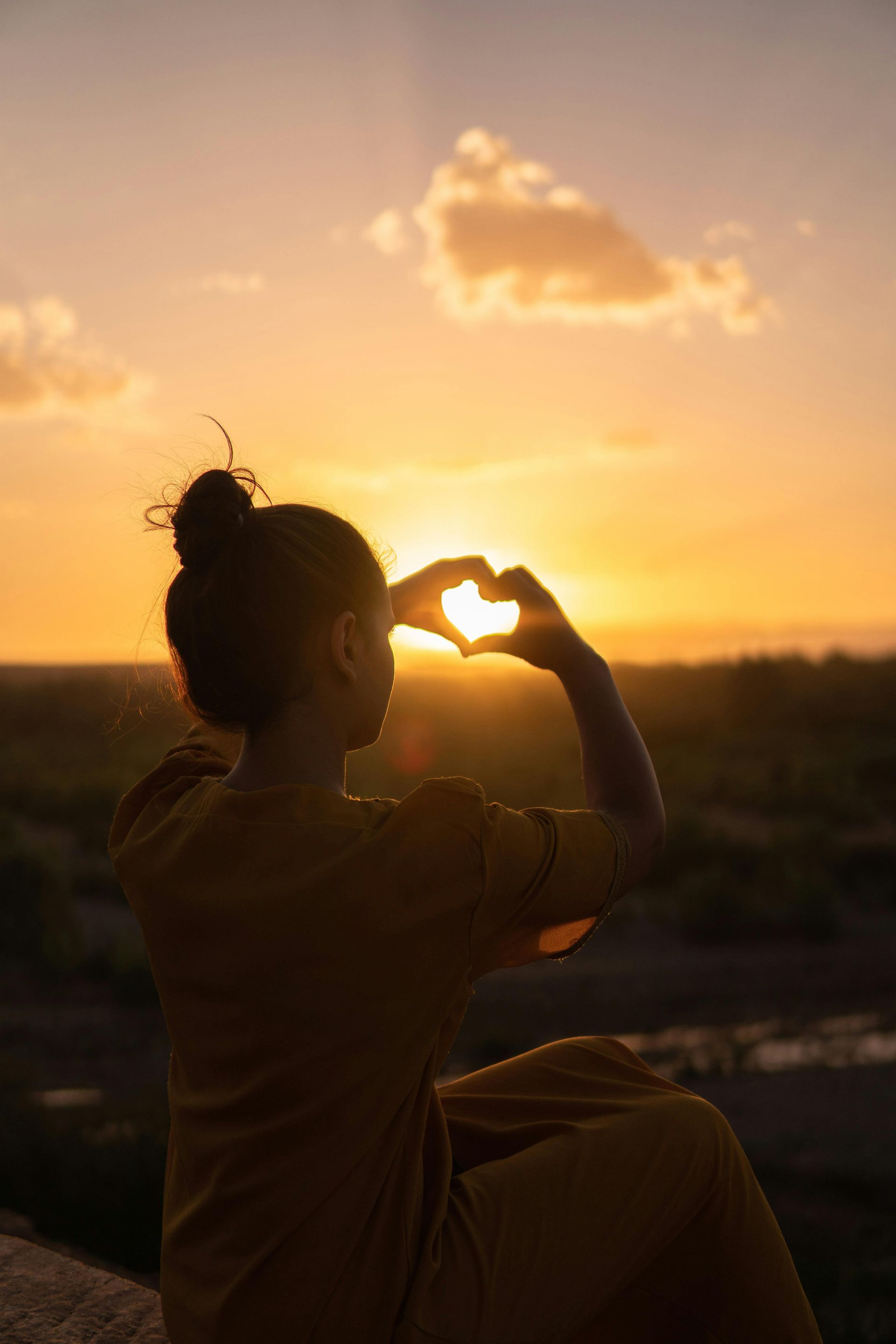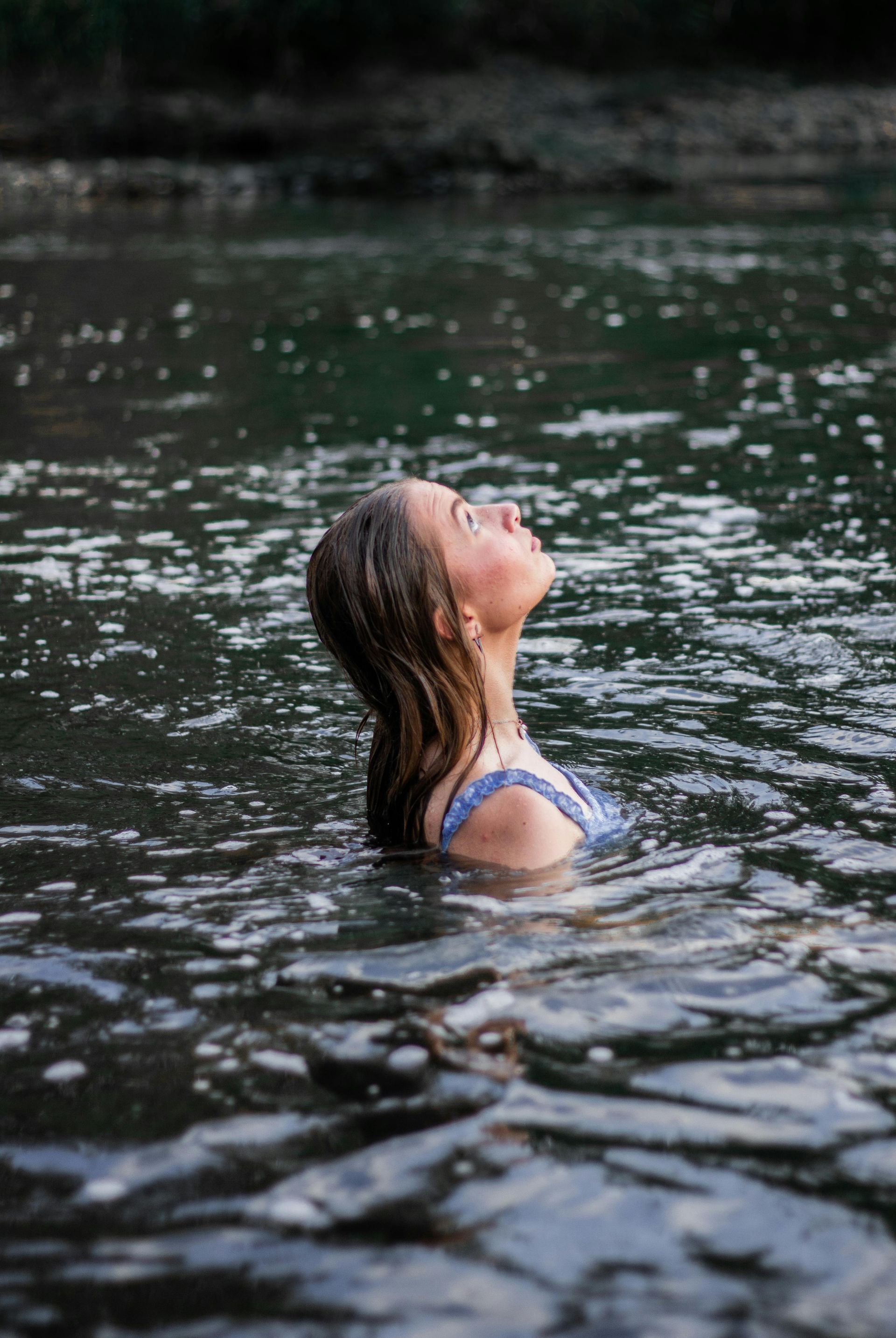Wildest Dreams
Unlocking Wildest Dreams with Gentle Courage.
It’s sunny and glorious outside, and I’ve another reason to feel cheerful today: the revised second edition of my book Wildest Dreams has had a complete makeover.
The first edition received generous five-star reviews, with readers saying:
- “A book written in flow that wants to be read in one go.”
- “Raw, unconditional essence, unplugged, uncensored—a safe container for souls to process painful experiences.”
- “A celebration of life as a whole.”
Written during a turbulent time for us all—when sanity, autonomy, and trust were in question—the book asked: do we hand it all over on a silver platter without proof, or do we politely decline? Do we go along with the status quo and risk the labels, the judgements? It was a deeply challenging time to navigate.
On re-reading, I noticed that some passages carried a harshness. I am, after all, human—with thoughts, feelings, and loved ones. To discern properly, and to bring more sympathy into the narrative, I softened certain sections. Wildest Dreams still holds its thought-provoking edge, but now with a more balanced tone. I own that evolution.
Like many, I’ve been pulled into the realm of individuation—“me, me, me”—as I tried to make sense of tragedies within my own life. I believe this too is part of the path: a rite of passage in the game of life.
The book explores universal themes we all face at some point: light and dark, grief and joy, questions of meaning and belonging. And yet, after all the retreats and self-help manuals, many still feel little difference—no “enlightenment,” whatever that may mean.
One reader said: “It’s a book you don’t want to put down—unless it’s to top up your cuppa!”
For some, diving into Wildest Dreams has offered gentle suggestions and reflections. My stories are offered as a kind of guinea pig trial—an honest, sincere template that others can adapt for their own lives.
Of course, not all feedback has been positive. Some readers felt my words insulted my parents or touched too rawly on my late brother’s mental health and suicide. I respect all perspectives. Even the negative responses are valuable. A fool judges another person’s suffering without knowing the horrors behind it.
Writing this book was a form of embodied processing—it helped me see myself more clearly. I stopped playing the victim, forgave myself, and forgave my parents, who loved in the only way they knew. I have always been a deep thinker, though often my words were too sharp for others to hear. That is why, at fifteen, I turned to poetry. It gave me a room of my own—a place to vent, to play with words without judgement. That love of writing stayed with me.
I never could connect with authoritarian, manual-style books that talk at the reader. My teaching—and my writing—are people-led, side-by-side. No one is above another. As one prophet in a leather thread once sang, “no one gets out of here alive.”
Authentic stories, drawn from lived experience, carry nuggets of wisdom more lasting than polished theories. But choosing to live authentically also has a cost. When you grow lighter, shedding burdens, some friends and family may not recognise the person you are becoming. My journey took me into wild swimming, skinny dipping, skydiving, improvisation dance—the “crazy” adventures that brought me back to myself. After years of putting others first, I finally put on my own life jacket. It wasn’t selfish. It was vital.
As an adopted child, my journey has also meant unravelling ancestral patterns. I’ve had to face my own unconscious behaviours—like emotionally offloading on my sisters after a bottle of wine—then choosing to break those patterns through honesty and clear communication. This has been a long-honed craft.
I was emotionally immature as a young mum, carrying only the scraps of guidance passed down to me. But I burned with the desire to stop those inherited burdens in their tracks. I wanted my children, and their children, to be free.
We don’t always get what we want, but perhaps what we need. Wildest Dreams is meant as a companion through darkness into light. Written during a time when the world felt unhinged, it remains strangely relevant today.
Some may call it indulgent, but it was written in an era of self-help gurus and inward gazing. Turning inward is powerful—but we mustn’t stay there, curled up like hedgehogs. Life is not just theory but application. Wisdom is meant to be lived and shared, through connection, through community, through the courage to be human with one another.
At its heart, Wildest Dreams is an invitation:
- To listen deeply, like a friend.
- To open wings and express your messy, imperfect humanness.
- To notice what lights you up, and what drains you.
- To design your own web of nourishing wisdom, raw and real, soft yet strong.
Wildest Dreams is available now through Amazon, Waterstones, WHSmith, Foyles, Blackwell’s, Kobo, Barnes & Noble, and many other bookstores worldwide.
And remember: you cannot speak butterfly language with caterpillar people.
Share this Article
